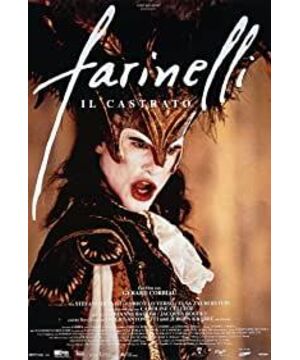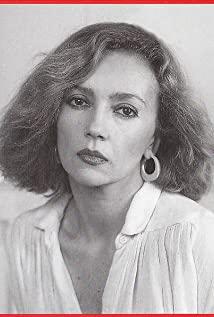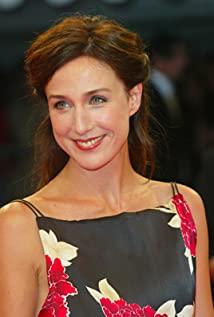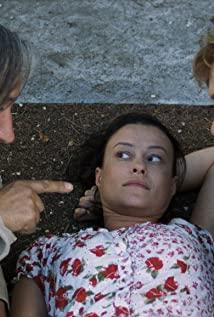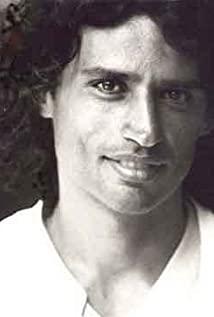Farinelli background creation
2022-07-09 19:39
The Catholic Church believes that child voices can express faith in God more strongly. Castration was common in most European countries in the 16th century and peaked in the 17th and 18th centuries, when most castrated people participated in church choirs or opera troupes. The "castrat singers" are trained by castrated boys to maintain unaltered voices in adulthood, with both a higher range and the strength of a male voice; they can play both male and female roles. Their vocal characteristics are completely dependent on the special physiological structure, due to the termination of androgen secretion during childhood, resulting in incomplete development of secondary sexual characteristics, or even no development of secondary sexual characteristics. They do not have the mature thyroid cartilage (commonly known as Adam's apple) of normal males, so the throat does not have much resistance in the process of vocalization; the vocal cords only stay in childhood, and are not affected by the voice changing period, which is very short and thin. But men's bodies give them far greater physical strength, lung capacity, and diaphragm strength than women's. As a result, their sonic character presents a convenient and flexible pitch and brilliant, bright and punchy tones. In that era, this perfect sound swept the Italian opera stage for more than 200 years
.
Farinelli, born Carol Maria Brosky. It is an Italian male soprano singer. In Italy at that time, male singers with a higher range than coloratura sopranos lost their gender because of the realization of such skills, also known as castrato singers. At that time, the authoritative person Quantz commented on him: "Having a round, radiant, clear, and sharp soprano voice, his vocal range at that time was from low A to high D above high C". Farinelli is a film based on Farinelli's life
.
Extended Reading
-
Carlo Broschi: [on Riccardo's opera "Orpheo"] You'll never finish it!
-
Riccardo Broschi: Castrato! Castrato!


